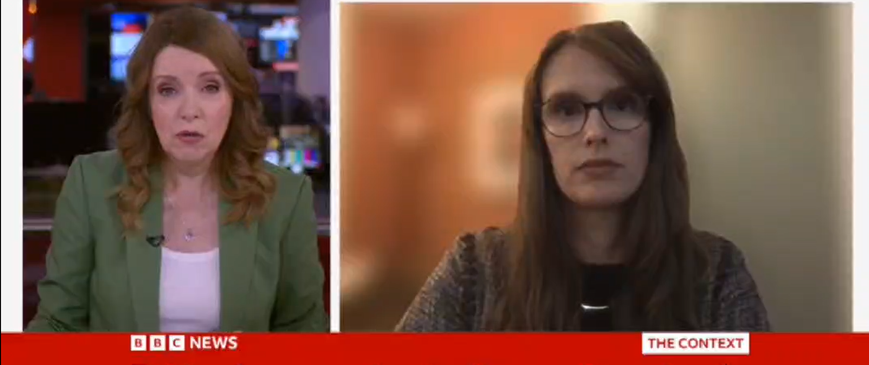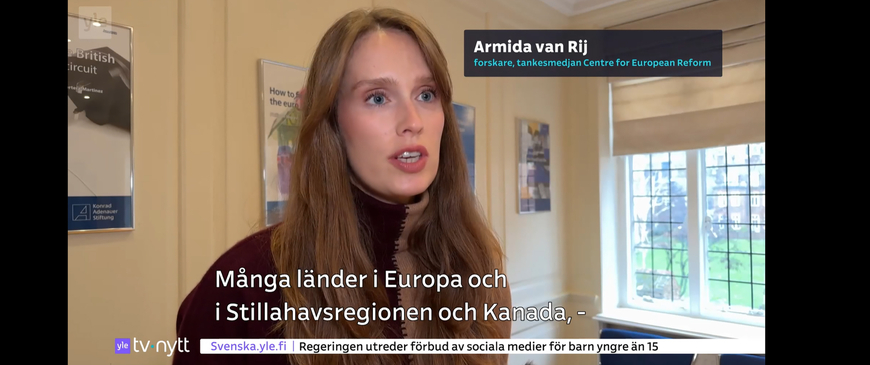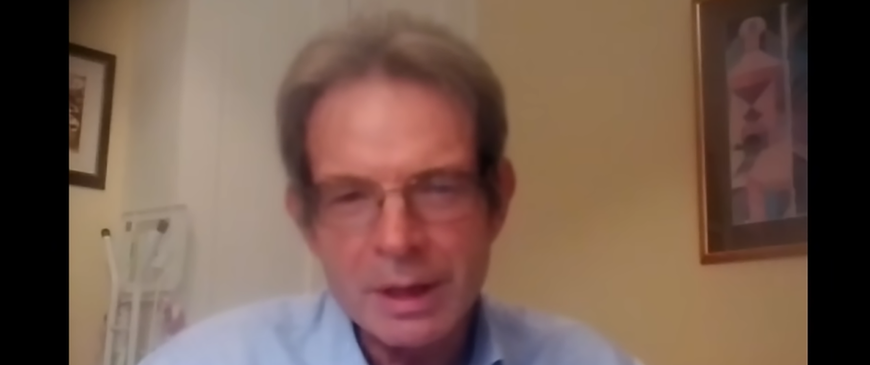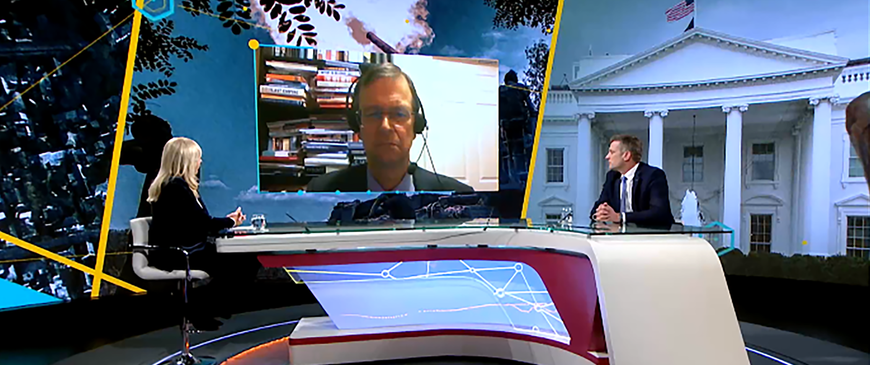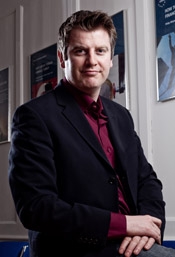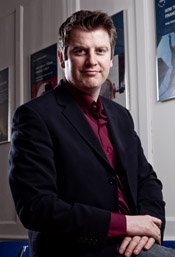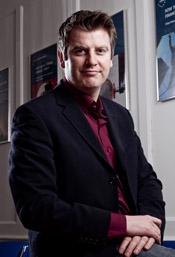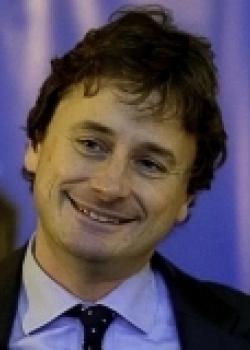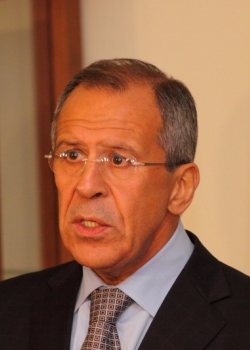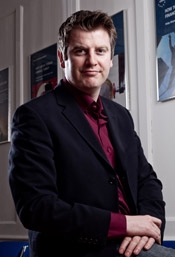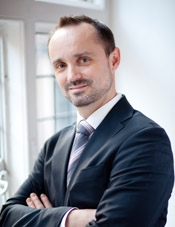Press
How to wake Britain from sleepwalking to the EU exit
07 March 2012
Europe's world
History, geography and economics are all responsible for the UK’s deep-seated euroscepticism, says Charles Grant. But now these forces are strengthening so that Britain could easily leave the Union within 10 years. He sets out tactics for countering that.
Border control: How a fear of foreigners is gripping Europe when its economy needs them most
05 March 2012
Time Magazine
"At the time that Europe needs more market-driven reforms, the political climate for those kinds of reform has become very unfavorable," says Simon Tilford, chief economist of the CER in London. "People feel threatened."
Border control: How a fear of foreigners is gripping Europe when its economy needs them most
05 March 2012
Time Magazine
"For the last generation, the idea that European integration is the future was something you just didn't question," says Hugo Brady, a senior research fellow in Brussels at the CER.
Canny Belgian poised for second term at EU helm
01 March 2012
Agence France Presse
"If politics is the art of the possible, he's perfect," said analyst Hugo Brady of the CER. "If he wasn't there we'd miss him. We need a steady hand," he said. "He's contributed to the orderly holding of European Councils," or summits.
EU leaders hand Van Rompuy 2nd term as Council president, also name him head of euro summits
01 March 2012
The Washington Post
"I think he’s been as effective as he could have been, given the political constraints," said Simon Tilford, chief economist at London's CER. "He's managed to broker some compromises."
'Grey mouse' EU chairman picked for second term
01 March 2012
EU Observer
"On balance, he has done a good job. You have to think about what it would have been like during the crisis if the old system - of rotating presidencies every six months - had still been in place," said Hugo Brady of the CER.
When Europe's worries turn from financial to economic
01 March 2012
The Wall Street Journal
"Supply-side reforms, though necessary over the medium- to long term, are mostly irrelevant in the short term," says Philip Whyte of the CER in London. Though many governments see little alternative, Mr Whyte argues that fiscal policy is being tightened too rapidly.
Hollande takes campaign to London
29 February 2012
Financial Times
"I don't see any reason why Hollande, if elected, would create problems for Franco-British defence collaboration," says Charles Grant, director of the CER. "On defence, Germany is not as reliable a partner for France as the British are."
ECB to launch second wave of euro 'quantitative easing'
28 February 2012
The Guardian
"The ECB's December move to provide massively greater liquidity to the banking system was the single most important thing to happen in the eurozone last year," said Simon Tilford, chief economist at the CER. "This has bought time by easing the pressures on the banks, who in turn have bought more government debt – at least in Italy and Spain – than had looked likely."
Le veto russe sur la Syrie n’est pas injustifié
28 February 2012
Le Temps
Sans doute Moscou fait-il de la realpolitik en s’opposant à un projet de résolution du Conseil de sécurité exigeant le départ de Bachar el-Assad. Toutefois, la diplomatie russe a raison de penser qu’un tel texte serait intenable. Avec le régime syrien, les Etats occidentaux ont tout fait de travers, estime...
Ireland to test voters' appetite for fiscal union
28 February 2012
Financial Times
"Other Europeans may be surprised to know how much euroscepticism has increased in Ireland because of the perception that Ireland was forced into a bail-out it did not actually need at the time," said Hugo Brady of the Centre for European Reform.
NATO to begin cyber security drive
28 February 2012
Financial Times
Tomas Valasek, of the CER said: "This shows that countries outside the US are now taking cyber seriously." He added that NATO had suffered security breaches in the past and that it needed to protect itself. "It is an obvious target as it is a military alliance included in a shooting war in Afghanistan and has peace building operations in Kosovo and off the coast of Somalia. One has to assume bad guys are after it," he said.
Germany backs Greece aid, but at a cost to Merkel
27 February 2012
New York Times
"I still don’t see any light at the end of the tunnel," said Philip Whyte, of the CER. "It's not clear to me when Greece returns to growth under this policy mix. The fiscal policy is excessively tight, and Greece is being pushed down a totally self-defeating path."
Five tests that saved Britain from the fate of economic oblivion
27 February 2012
The Daily Telegraph
As Philip Whyte of the CER points out, "to propose such reforms as an answer to Europe's immediate growth problem is to miss the point: it is to provide a long-term [supply-side] answer to a short-term [demand-side] problem.
Pressure on Germany to boost eurozone firewall
27 February 2012
Public Service Europe
As Philip Whyte of the CER points out, "to propose such reforms as an answer to Europe's immediate growth problem is to miss the point: it is to provide a long-term [supply-side] answer to a short-term [demand-side] problem.
It's no longer taboo to talk about Greece leaving the euro
26 February 2012
Cyprus Mail
Getting the EU economy back on track is not all about bailouts and quick fixes. It's about leadership and direction said Simon Tilford of the CER. In his opinion, the problem is made far worse because of differences of opinion within the EU leadership about how the crisis started and more importantly how to fix it.
Questions in Europe as outlook falls
24 February 2012
The Wall Street Journal
"I think there needs to be a recalibration of targets for Spain and Italy," said Simon Tilford, chief economist of the CER, adding it was crucial they "avoid making the same mistakes we've seen in Greece, Portugal and Ireland," in reference to the three eurozone countries that have required international bailouts.
Eurozone ministers approve $170 billion bailout for Greece
20 February 2012
Los Angeles Times
"What the Greek economy is going through basically is a massive demand shock," said Simon Tilford, chief economist at the CER. "Unless they help the Greek economy back to growth, then I don't think there's any chance of the Greeks being able to abide by the terms of this bailout."
Europe's growth woes worsen
15 February 2012
The Wall Street Journal
"If everyone is deleveraging and fiscal policy is tightened against that backdrop, then no one spends," said Philip Whyte of the CER. "There has been a sea change in emphasis" from austerity to growth in much of Europe, Mr Whyte said, "but I don't detect much of a change in German thinking."
Doubts grow over austerity for Greece
15 February 2012
Voice of America
Philip Whyte, senior research fellow at the CER, describes the standoff between Greece and its creditors - which also includes the International Monetary Fund and the European Central Bank - as a bluffing game. "The social strains in Greece are increasing by the day. ... At the same time, there's a complete loss of trust amongst the troika [EU, IMF and ECB] in Greece's willingness and ability to push through the sort of reforms that everyone expects the Greeks to push through. ... There is a growing view among certain countries in northern Europe that this game can't go on. ...

